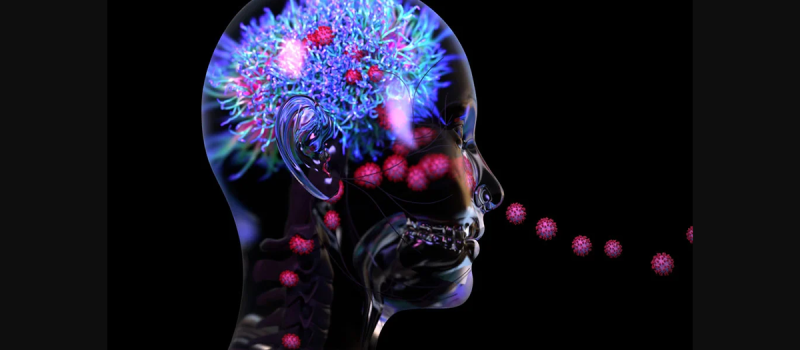Post-Covid-19 syndrome
Most people who were infected with COVID-19 recover quickly within a few weeks. However, some others, even those who suffered mild symptoms, continue to have symptoms after their initial recovery. These people sometimes describe themselves as “persistent carriers” and these cases have been called post-Covid-19 syndrome, or “Long-term COVID-19”. This description generally applies to the effects of COVID-19 that last more than four weeks after diagnosis.
Older people and those with several serious medical conditions are most likely to suffer long-term symptoms of COVID-19, but even young and healthy people can feel unwell for weeks or even months after infection. Signs and symptoms that commonly persist over time include: fatigue, shortness of breath or trouble breathing, cough, joint pain, chest pain, problems with memory, concentration, or sleep, muscle pain or headache, palpitations or tachycardia, loss of smell or taste, depression or anxiety, fever, dizziness upon standing or worsening of symptoms after physical or mental activities.
Furthermore, many things are yet to be discovered about the long-term effects of COVID-19 on people, and research is ongoing. Therefore, researchers advise doctors to closely monitor people who were infected with COVID-19 to ensure the proper functioning of their body organs after recovery.


